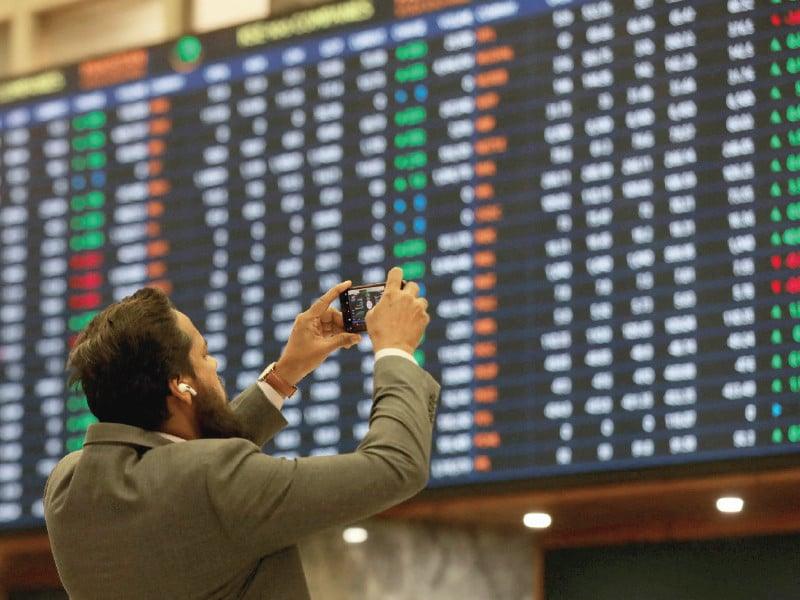The Pakistan Stock Exchange (PSX) experienced a strong upward trend while the KSE-100 reference index jumped from 1,729.48 points, or 1.45%, the current index at 120,667.59.
The index reached a summit of 120,793.41 points during the intra-day trading session and maintained a relatively tight range, the bottom of the day recorded at 119,085.73 points.
The volume of negotiation amounted to more than 60 million shares, reflecting a strong participation of investors.
The day’s negotiation value amounted to 5.12 billion, highlighting a robust market activity that has raised investor confidence.
Development intervened after Prime Minister Shehbaz Sharif announced a 15% drop in electricity prices, reducing prices of 7.41 rupees per unit, aimed at softening the financial burden of families and stimulating national grid consumption.
The reduction, benefiting approximately 40.3 million consumers, mainly residential users, was made thanks to seasonal tariff adjustments, an increase in the budget subsidy and tax reductions.
The new average electricity rate for national consumers will be RS34.37 per unit, while industrial rates have been lowered to Rs40.51 per unit.
The government has succeeded in negotiating with the International Monetary Fund (IMF) to approve this price reduction, despite the initial resistance.
The maximum relief of 12% was granted to commercial consumers, while industrial users benefit from a reduction of 13%.
New rates also introduce significant reductions for protected residential consumers, with reductions up to 32% depending on the use.
On the other hand, US President Donald Trump announced the imposition of “reciprocal prices” prices on several countries, including a 29% tariff on Pakistani products.
Trump justified the decision as a necessary step to correct commercial imbalances and approach what he considered an unjust treatment of American products on foreign markets.
He argued that high prices imposed by other countries, including Pakistan, had unjustly subsidized their economies at the expense of the United States.
Trump stressed that Pakistan had billed a 58% rate on American products, which prompted the United States to impose a 29% tariff on Pakistani exports.
The United States remains one of Pakistan’s largest trade partners, bilateral trade worth $ 7.3 billion in 2024. US exports to Pakistan increased by $ 2.1 billion, while Pakistan imports increased by 4.9%, totaling $ 5.1 billion.
In addition to Pakistan, the United States has imposed reciprocal rates on 40 other countries, with rates ranging from 10% to 50%, as part of a wider strategy to combat global commercial imbalances and ensure more fair trade conditions for American industries.




